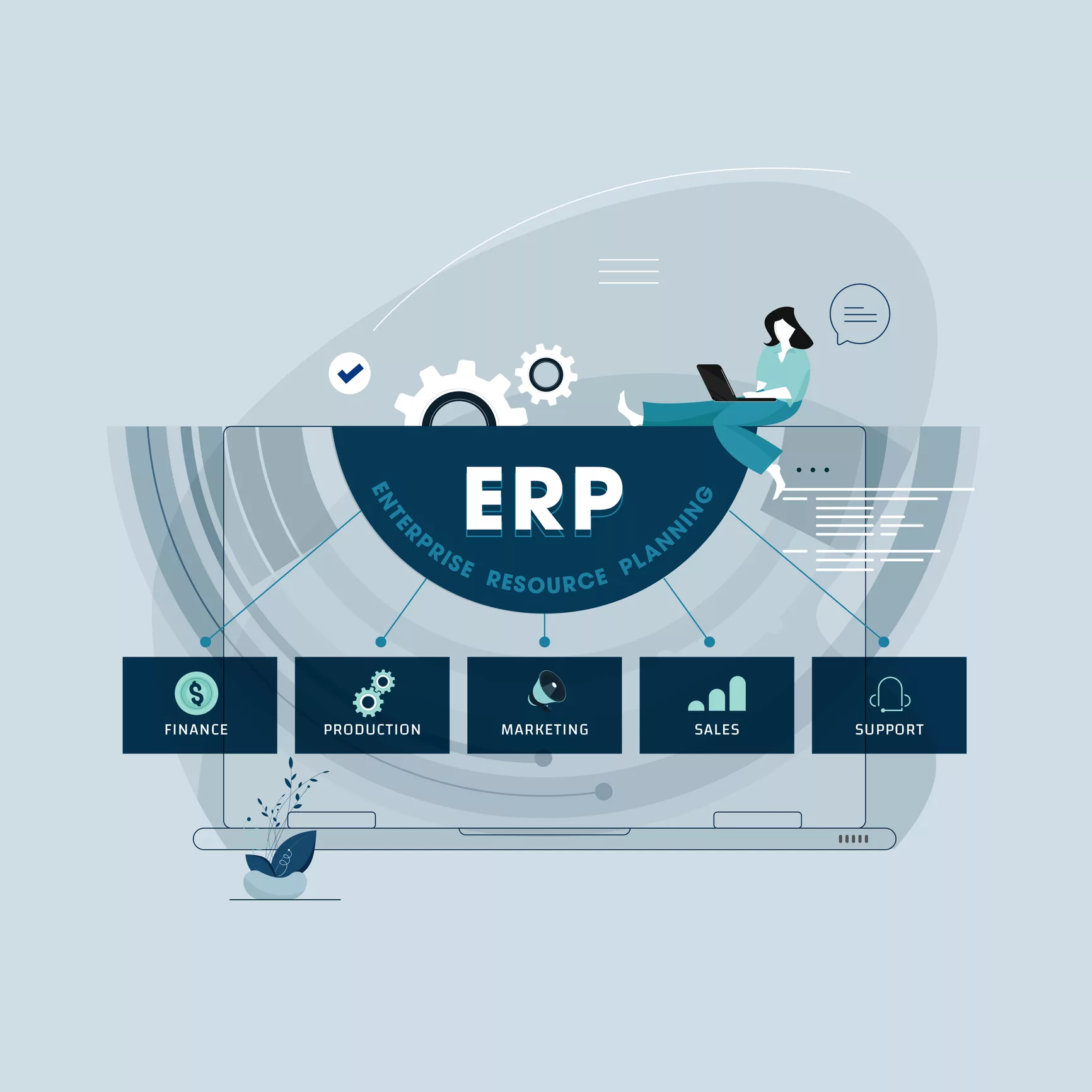
When an ERP system is implemented effectively, it can become the foundation for performance excellence — ”foundation” being the operative word. However, out-of-the box functionality can only go so far. Investing in the right business improvement applications to augment your ERP’s standard capabilities can produce a game-changing combination that in the end fuels both growth and profitability. And it requires far more than tacking on ERP modules.
How ERPs Excel
Your ERP excels at consistently and reliably applying predefined operations and back-office workflows and processes to daily business activities. It’s a crucial capability that ensures the quality of control, execution, and data capture.
When adoption and usage are maximized, daily activities become more efficient, giving you the opportunity to increase your capacity for transacting more business and improve customer experience. ERP also captures a huge amount of data related to your daily activity, which you can use to monitor and improve performance.
Four Key Areas Where ERPs Fall Short
ERPs do a good job of producing reports filled with data, but they need assistance to turn that data into actionable information. Data is simply raw output devoid of contextual insights. Information on the other hand is data that has been contextualized to company objectives and is presented to show relationships. When using raw data from an ERP, a decision maker can find it difficult to:
- Identify the data that is most relevant.
- See interrelationships within the data.
- Determine how data relates to specific activities and areas, or to the company as a whole.
- Use data to track cause and effect in operations that range across the company.
ERPs on their own don’t present data in meaningful ways that drive transformational improvement or growth. Nor do they convey a keen perspective through cross-referencing key data relationships. In addition, the data ERPs provide isn’t tailored to the uniqueness of an organization’s environment. When it comes to ERP data, one size does not fit all, so customizing–and contextualizing–is essential. Without that translation, decisions are often made based on gut feel or intuition, which leaves a frightening amount of business on the table. Decisions informed by information are far superior to drive strategies that impact business performance.
Decision Makers Struggle to Convert Data Into Information
We’ve made the case that decision makers realize that they need information, not just raw data. But all too often, they try to create meaningful and timely analysis with aftermarket Business Intelligence (BI) applications or even create their own BI app internally. These approaches have their own set of challenges:
- Aftermarket BI applications don’t use leading business science. These apps are designed to provide generic, 101-level analysis that doesn’t result in significant improvement or change. They are templates that need to be constructed from scratch. And, if decision makers are having difficulty determining how to use the available data, it’s impossible for them to create meaningful, insightful, and transformational analysis.
- Implementing an aftermarket BI application often ends up being an expensive endeavor that results in basic analysis, or worse, analysis that generates false or misleading insights.
- Internal BI efforts result in the same basic analysis, but in the end make database maintenance, analysis, and reporting difficult to do well and in a timely manner.
Final Thoughts
ERP systems are a critical component for running a business and providing automation and business processes company-wide, from finance and human resources to manufacturing, services, and more. The data your ERP system gathers is invaluable. But adding onto your current system with standard ERP modules won’t do an adequate job of producing meaningful, insightful analysis from the raw data they house.
The smarter path forward is in leveraging business improvement applications that can be easily deployed, are easy to use, are tailored to each business environment, and grounded in leading scientific knowledge. In the end, you’ll arm your organization with a true competitive advantage and prepare your company for future success.







